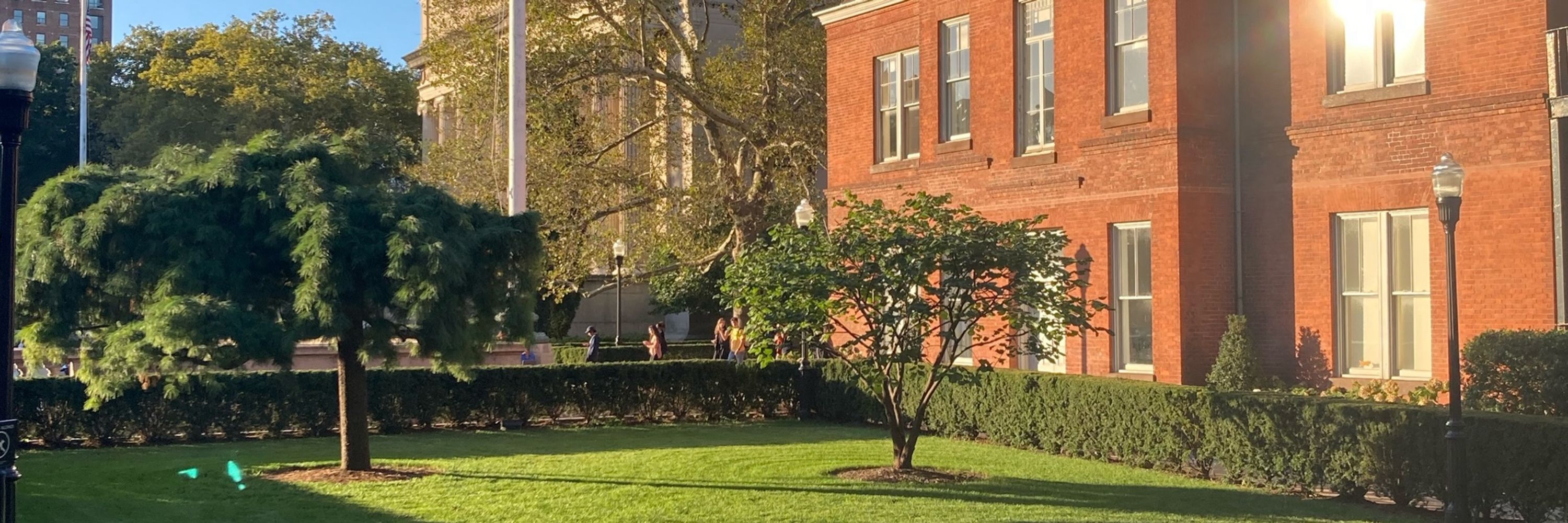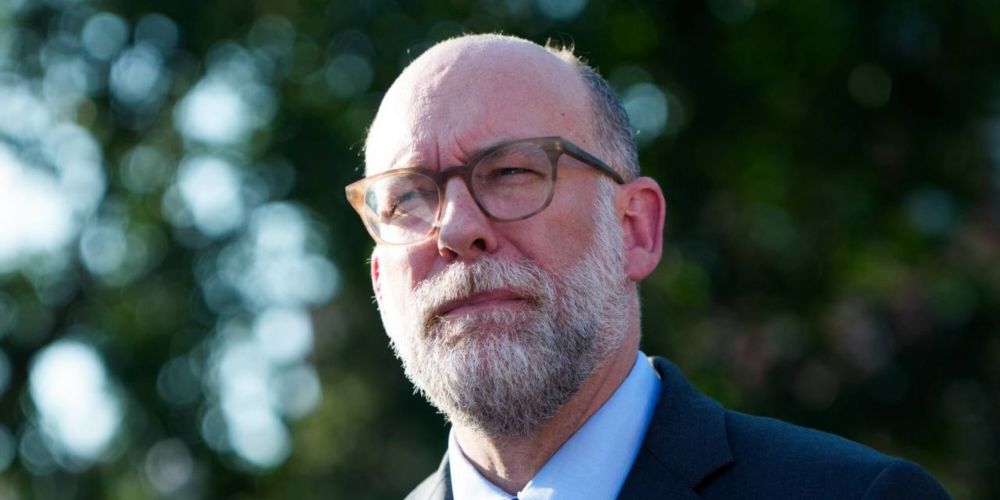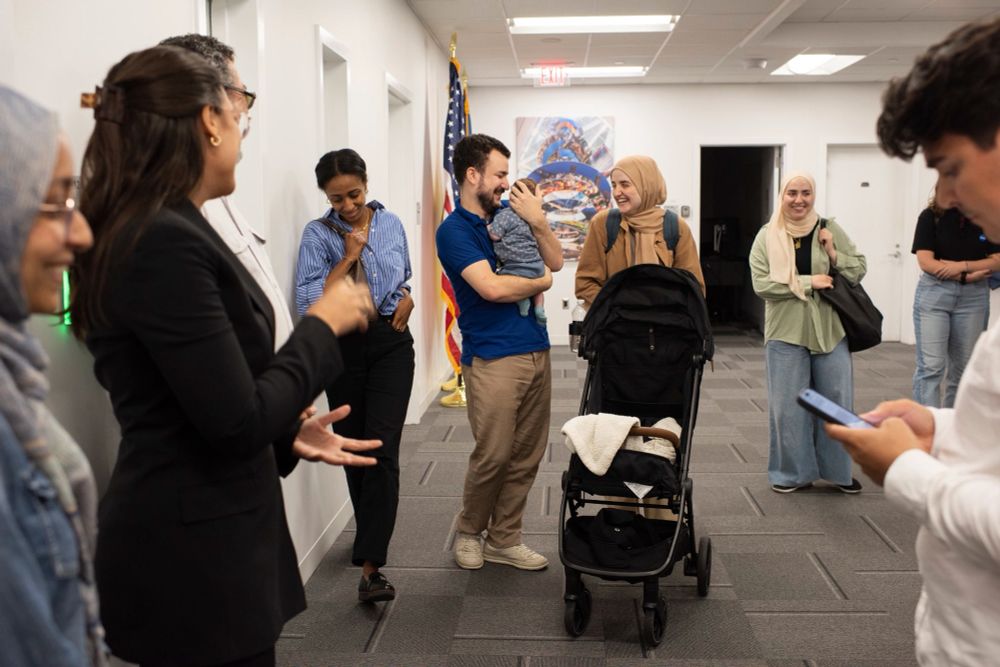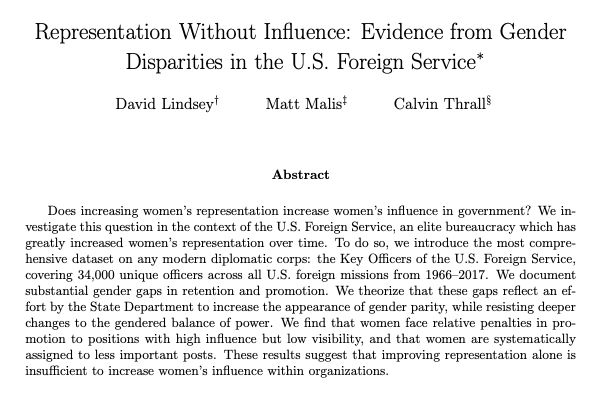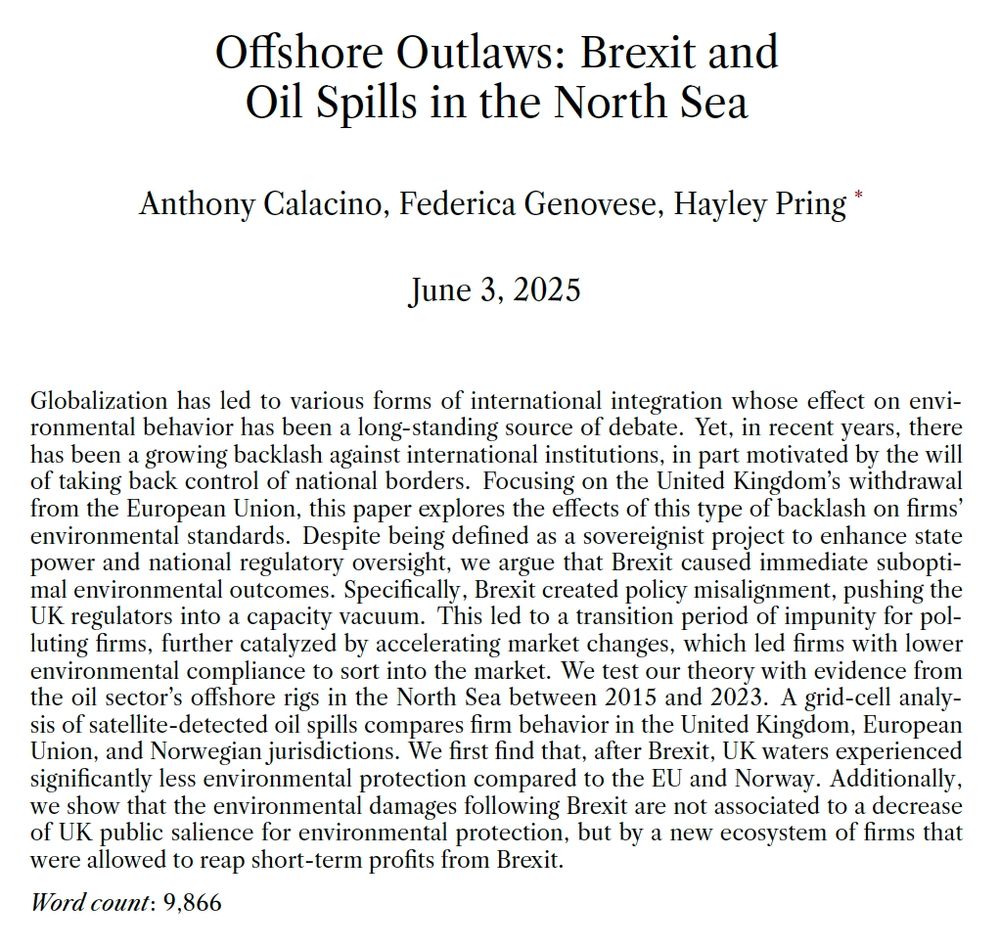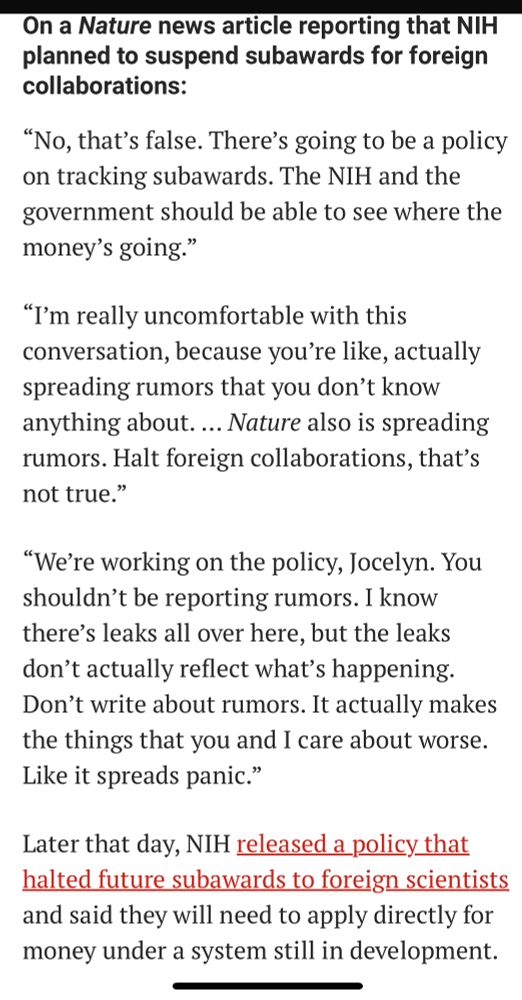Calvin Thrall
@calvin-thrall.bsky.social
520 followers
260 following
72 posts
Assistant professor @Columbia. Firms, diplomacy, global governance. Bikes, books, guitars, skateboards. Vegan for the planet.
Posts
Media
Videos
Starter Packs
Calvin Thrall
@calvin-thrall.bsky.social
· Aug 27

Arnold A. Saltzman Professor in War and Peace Studies - New York City, New York (US) job with Columbia University School of International and Public Affairs | 37876354
The School of International and Public Affairs at Columbia University in the City of New York invites applications from scholars and practitioners ...
jobs.chronicle.com
Reposted by Calvin Thrall
Reposted by Calvin Thrall
Kim Weeden
@weedenkim.bsky.social
· Jul 30
Reposted by Calvin Thrall
Calvin Thrall
@calvin-thrall.bsky.social
· Jun 21
Reposted by Calvin Thrall
Reposted by Calvin Thrall
Reposted by Calvin Thrall
Reposted by Calvin Thrall
